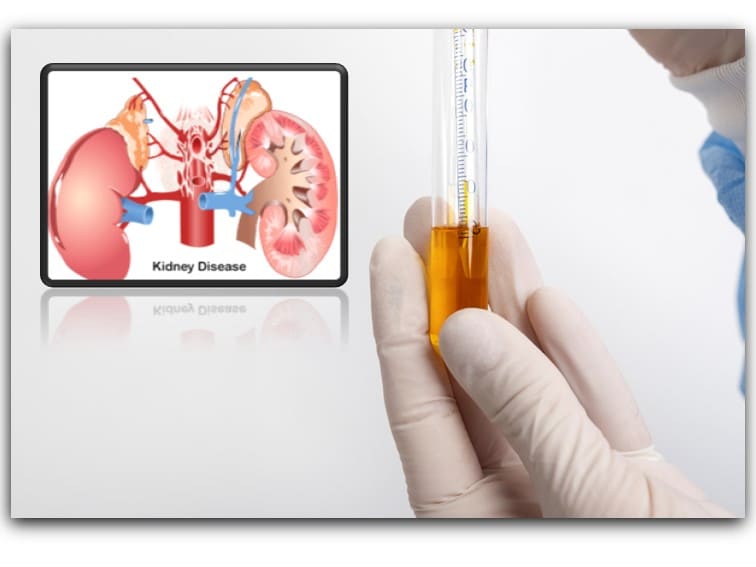Proteinuria is a condition where urine contains an abnormal amount of protein. While small amounts of protein are normal in urine, large amounts can be a sign of kidney damage or disease. Ignoring proteinuria can lead to serious health problems, including kidney failure. In this article, we will discuss what proteinuria is, proteinuria causes, symptoms, and treatments, as well as why it’s important not to ignore this condition.
- What is Proteinuria?
Proteinuria, also known as albuminuria, is a condition in which urine contains an abnormally high protein level. Normally, the kidneys filter waste products from the blood, including excess water and salt, while retaining essential substances like proteins. However, when the kidneys are damaged or diseased, they may allow proteins to leak into the urine, leading to proteinuria.
- Proteinuria Causes
There are various causes of proteinuria, including:
2.1 kidney diseases
Kidney diseases, such as glomerulonephritis, nephrotic syndrome, and IgA nephropathy, can damage the kidneys’ filtering units, known as glomeruli, and cause proteinuria. These conditions can be caused by infections, autoimmune diseases, and other factors.
2.2 Diabetes
Diabetes is a common cause of kidney disease and proteinuria. High blood sugar levels can damage the kidneys’ blood vessels and impair their ability to filter waste products, leading to proteinuria.
2.3 High Blood Pressure
High blood pressure, or hypertension, can also damage the kidneys’ blood vessels and cause proteinuria. This is because high blood pressure can increase the pressure within the glomeruli, leading to damage and protein leakage.
2.4 Certain Medications
Some medications, such as painkillers like Brufen, antibiotics, and chemotherapy drugs, can cause proteinuria as a side effect.
- Symptoms of Proteinuria
Proteinuria often has no symptoms, especially in its early stages. However, as the condition progresses, it may cause foamy urine, swelling in the hands, feet, and face, fatigue, and loss of appetite.
- Diagnosis of Proteinuria
Proteinuria can be diagnosed through a urine test, which measures the amount of protein in the urine. If proteinuria is detected, further tests may be done to determine the underlying cause, such as blood tests, ultrasound, and kidney biopsy.
- Treatment of Proteinuria
The treatment of proteinuria depends on its underlying cause. Some of the treatment options include:
5.1 Lifestyle Changes
Making lifestyle changes, such as reducing salt and protein intake, losing weight, and quitting smoking, regular exercise can help.
Medications
In cases where lifestyle changes are not enough to manage the condition, medications may be prescribed, including:
- Angiotensin-converting enzyme (ACE) inhibitors
- Angiotensin receptor blockers (ARBs)
- Diuretics
- Corticosteroids
Prevention of Proteinuria
The best way to prevent proteinuria is to manage underlying health conditions – especially high blood pressure, heart disease, and diabetes.

Leave a Reply